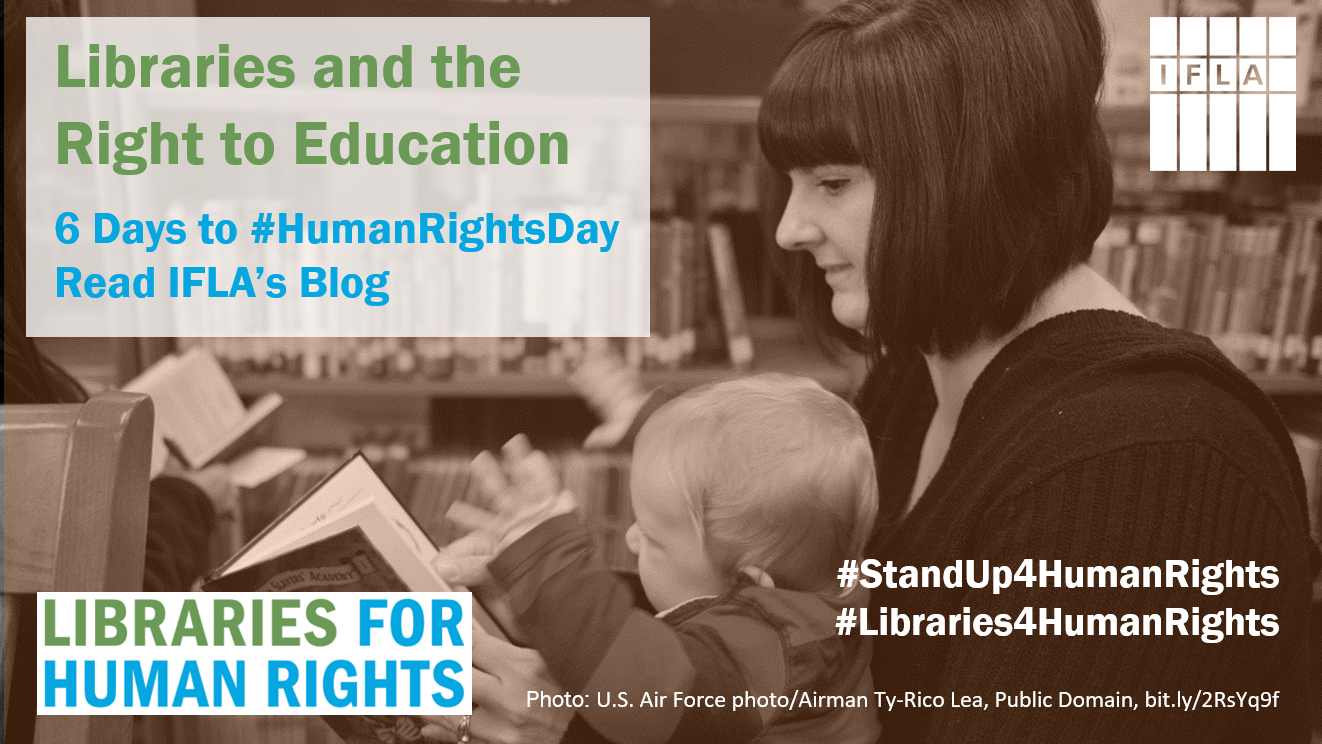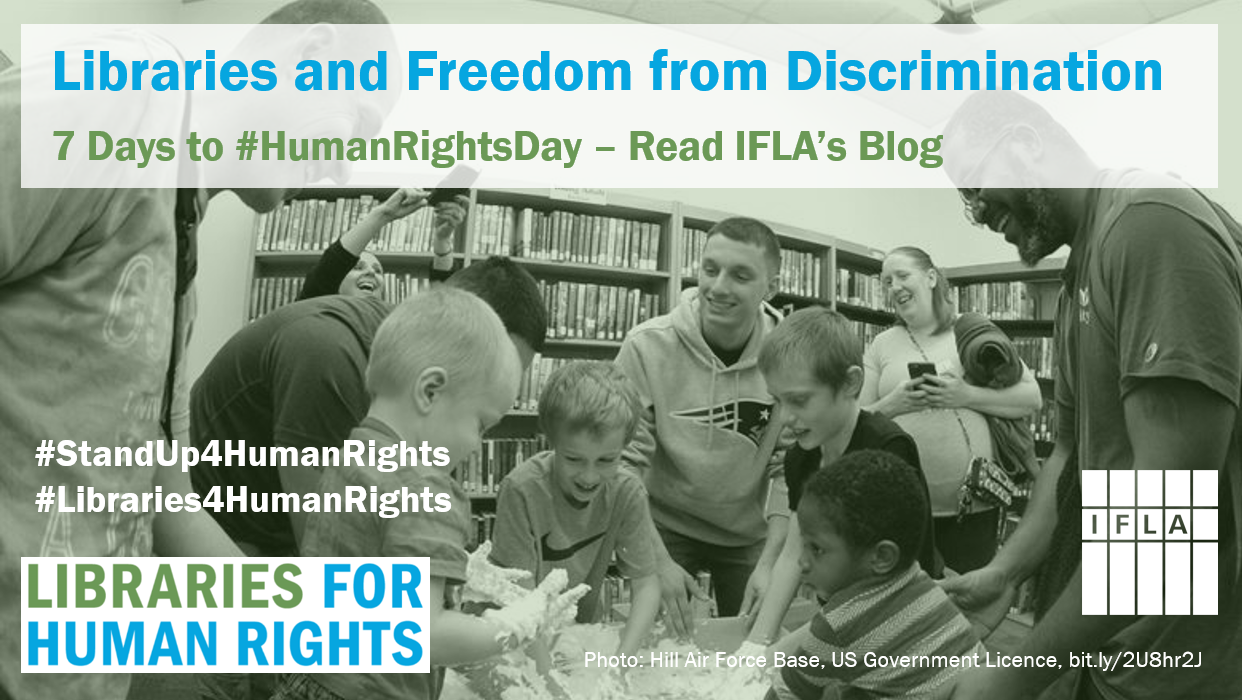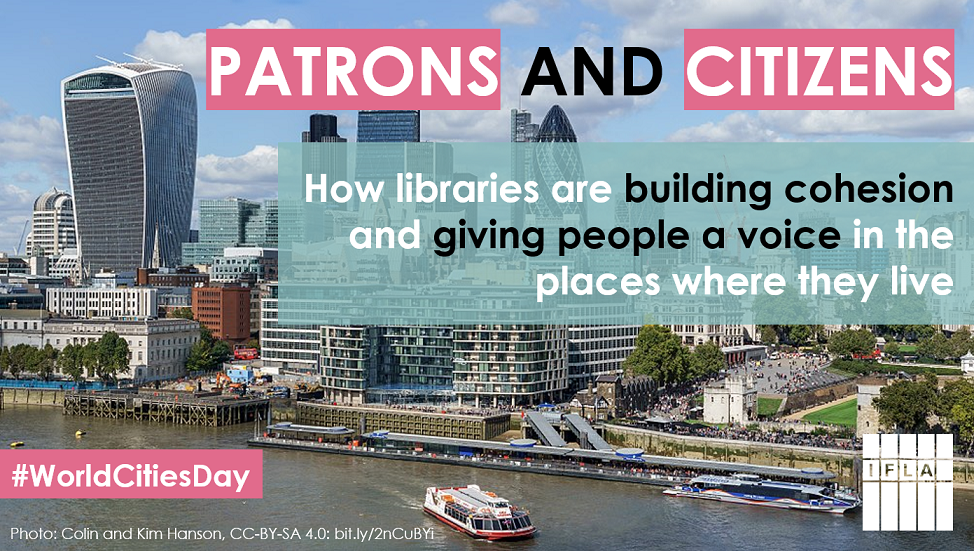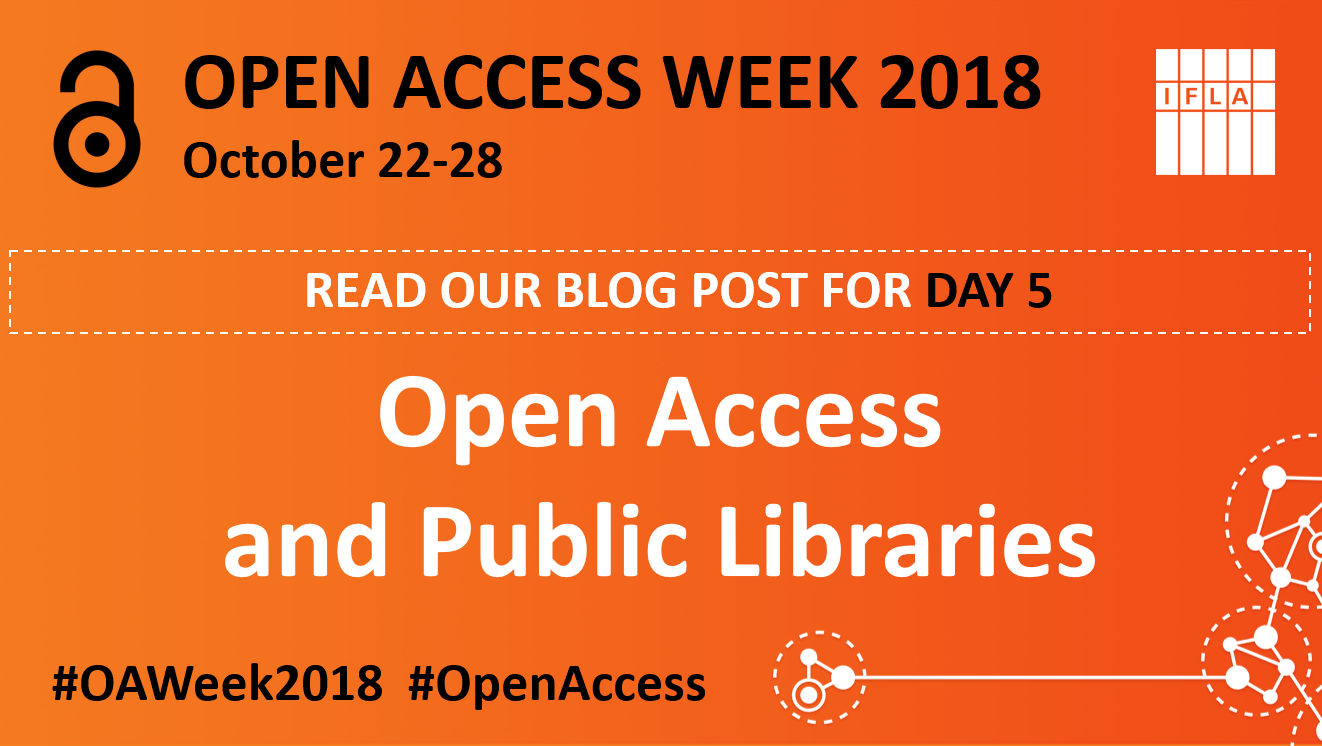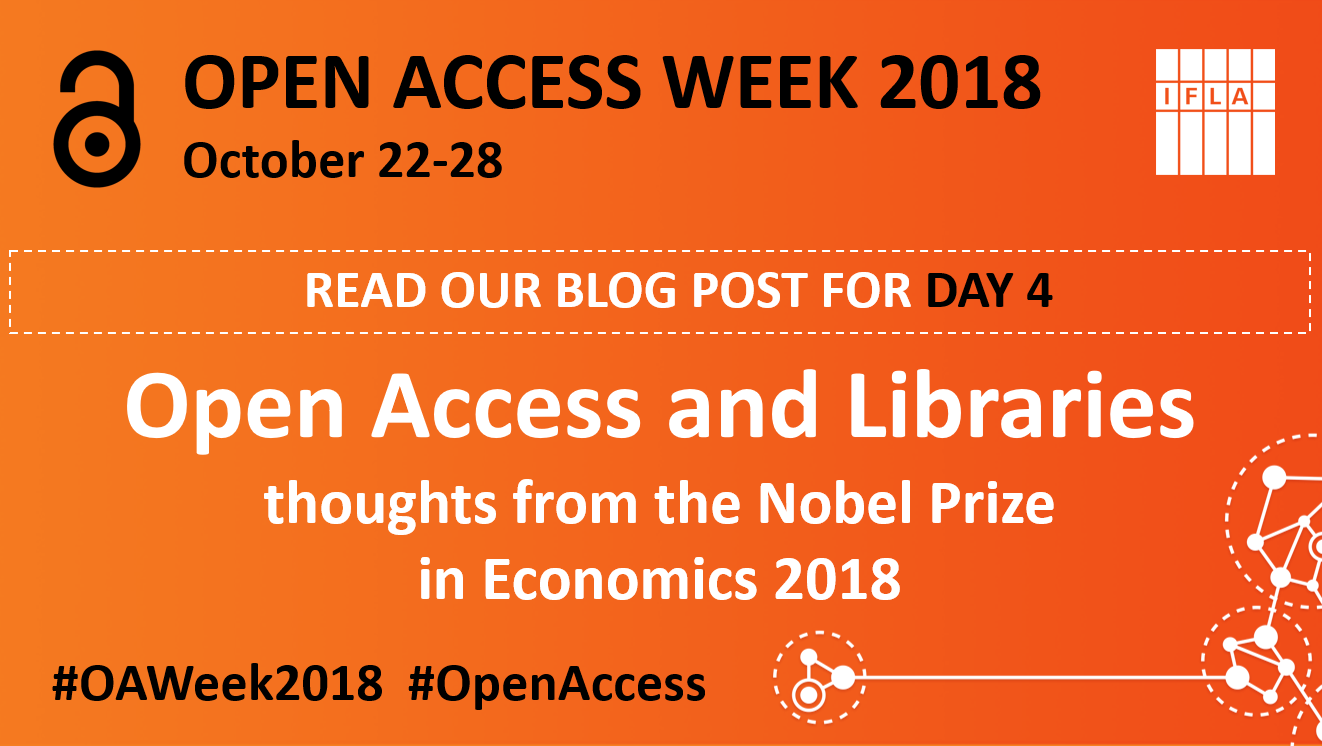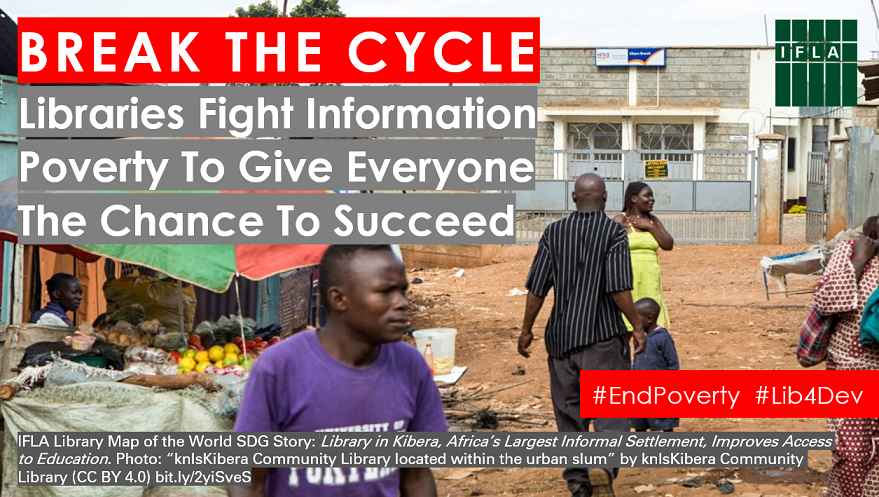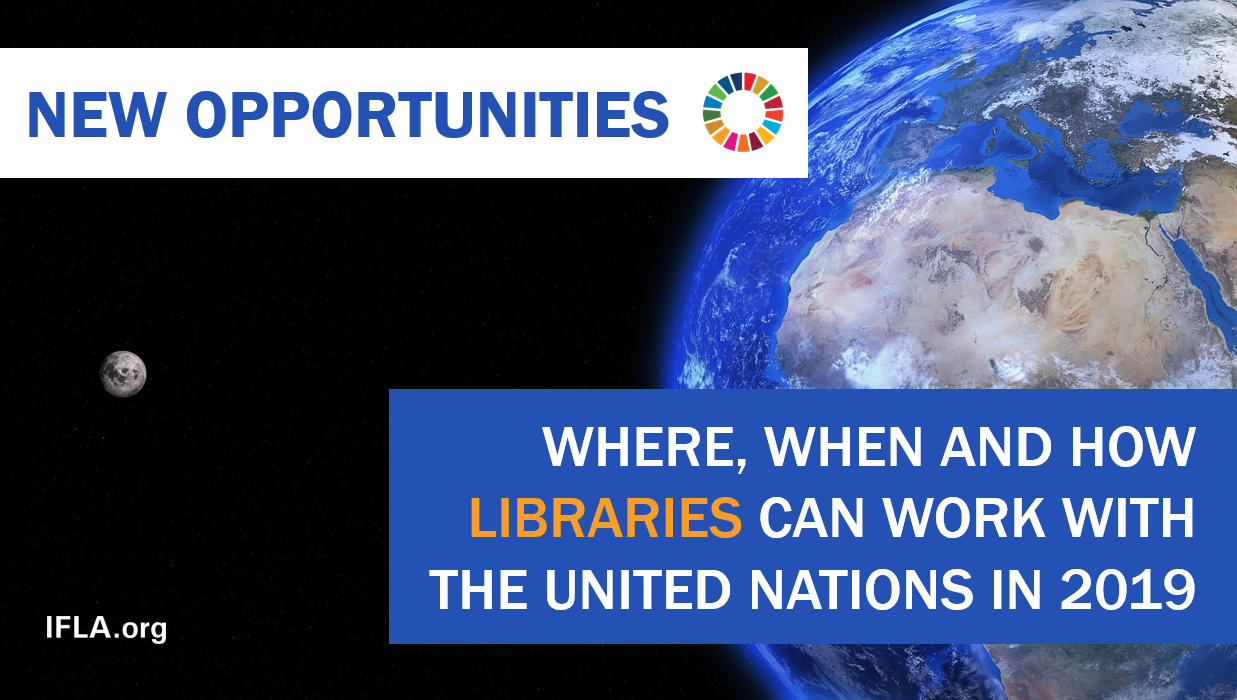
As those who were able to attend the relevant sessions at the World Library and Information Congress in Kuala Lumpur heard, 2019 will be a big year at the United Nations for libraries. There will be a focus on Sustainable Development Goals that are particularly relevant for our institutions, and key steps will be taken towards a review both of the overall 2030 agenda, and the indicators used to measure progress.
But it’s also an important year for the UN itself, with new structures now in place. These also have implications for the way libraries engage with the SDGs at the national level. This blog sets out some of the key moments and opportunities in the coming year.
A High Level Political Forum Focused on Core Library Business
Each year, the UN selects a number of SDGs as a focus for the High Level Political Forum. These also shape the preparations for the event, and even voluntary national reviews.
This year, the focus is on education (SDG4), employment and growth (SDG8), equality (SDG10), climate change (SDG13) and strong institutions, including access to information (SDG16). These are all areas where it does not take too much effort to build understanding of how libraries make a difference to individual’s lives and societal progress.
These themes will each be the subject of a ‘thematic’ meeting. While education has already taken, place, SDG 8 will be the subject of a meeting on 4-5 April in Geneva, Switzerland, SDG10 of one in Accra, Ghana on 27-28 March, SDG13 will be addressed on 1-3 April in Copenhagen, and SDG16 is provisionally on the agenda on 3-5 April in Rome, Italy.
These will discuss key challenges and progress made, and set out recommendations for how the world can do better and acheive the goals set out in the 2030 Agenda.
There will also be five regional meetings: for Europe and North America (21-22 March, Geneva), Asia-Pacific (27-29 March, Bangkok), Arab Countries (16-18 April, Beirut), Latin America and the Caribbean (22-26 April, Santiago), and Africa (16-18 April, Morocco, tbc).
These give the chance to take a regional perspective, looking at the specific issues in different parts of the world, as well as facilitating peer learning. They are also great opportunities to meet with national officials leading on coordinating SDG implementation.
IFLA will be looking to take the chance to be heard at the High Level Political Forum – and the thematic and regional meetings. We hope that local libraries will also be involved! But all libraries can also contribute by reminding national SDG teams of the contributions they make in these areas.
We’ll be in touch with ideas for how to do this!
A Review of the 2030 Agenda and Indicator Framework
Four years on from the agreement of the SDGs, the original text agreed by member states provided for a review of the agenda as a whole. We are now at that stage, offering an opportunity to think again about how work around the SDGs is organised and implemented.
In parallel, an expert group made up of governments and representatives of various UN agencies will hold a consultation about updates to the set of indicators used to measure progress against the SDGs.
In both of these processes, it will be important both to defend what is good about the SDGs – not least the reference to access to information – but also work to improve things. Civil society organisations – not least IFLA and library associations – could have more voice, and voluntary national reviews could be more inclusive. We also need better indicators of access to information across the board.
A key point will be the SDG Summit, held in September as part of the UN General Assembly, which will set out a political declaration, present a number of voluntary commitments and reaffirm the 2030 Agenda as a whole.
We’ll be in touch at key moments in the year to explain how you can help convince your governments of the need to promote the changes libraries need to make the 2030 Agenda better still.
New Contacts, New Possibilities
The UN is a huge organisation. In addition to its core elements (including the Sustainable Development Division within the Department of Economic and Social Affairs), there are many agencies and other bodies linked to it, not least the UN Development Programme (UNDP).
Many of these do work in different countries, operating offices, supporting projects, and raising awareness.
In order to promote greater consistency in this work, the UN agreed to give more power to the ‘resident coordinators’ – the top member of staff in each country, to help them coordinate better. This is part of a broader reform strategy, covering internal organisation, responsibilities and funding.
The resident coordinators will have a particular role in focusing support efforts linked to the SDGs (taking this over from local UN Development Programme representatives), and will also have more formal powers and funding, making them an even stronger potential contact for library associations.
Especially in countries where there are a number of UN projects in place, the new resident coordinators are potentially very useful contacts for libraries and library associations. They will be happy to know that local institutions are promoting the SDGs, and could help ensure that libraries benefit from projects aimed at implementing them.
You can find details of the coordinator in your country – and other relevant contacts, by clicking on the map at the bottom of the UN country activities page.
2019 will be a year of opportunities to underline the value of libraries. We will only need to make sure we are ready to seize them. IFLA will work with its members to ensure that this is the case.
You can find further information on libraries and the SDGs on the IFLA website. See in particular our briefs about Voluntary National Reviews, and Data and the SDGs, our timeline, and our webinar from September 2018 (in English, French and Spanish).
In order to get involved yourself, take a look also at our toolkit, our poster ‘This Library Supports the SDGs’, and our infographic setting out all of the SDG targets where access to information is implicitly or explicitly mentioned. You can find some great ideas for advocacy around the SDGs in the slidepack from our session at WLIC 2019, and look out for our ‘10-Minute Library Advocate‘ guide coming very soon!
